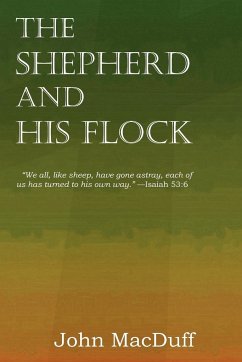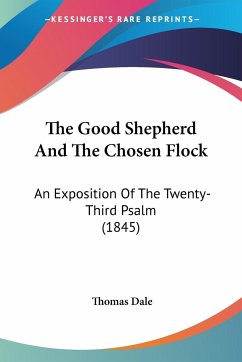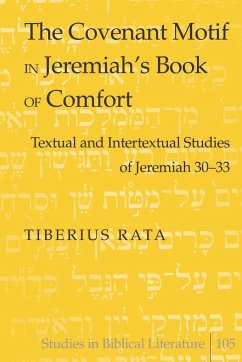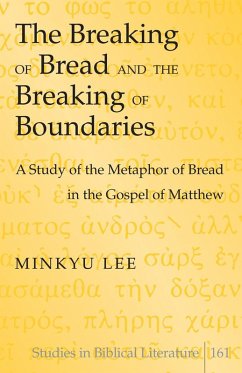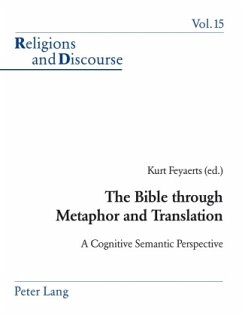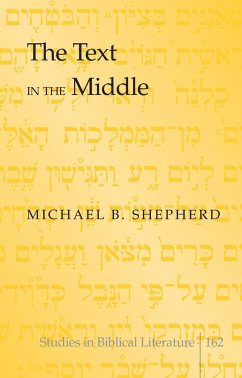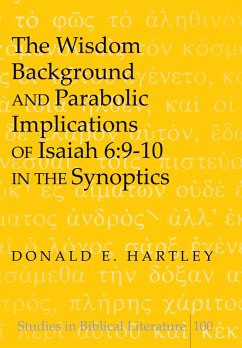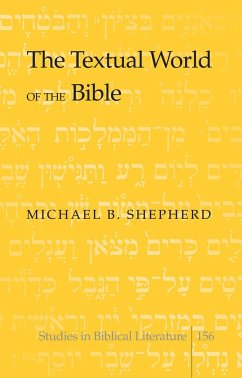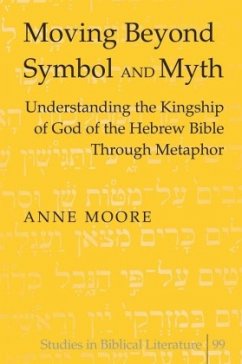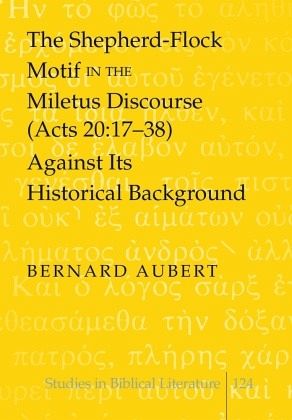
The Shepherd-Flock Motif in the Miletus Discourse (Acts 20:17-38) Against Its Historical Background
Versandkostenfrei!
Versandfertig in 6-10 Tagen
119,75 €
inkl. MwSt.

PAYBACK Punkte
0 °P sammeln!
The Shepherd-Flock Motif in the Miletus Discourse (Acts 20:17-38) Against Its Historical Background provides a comprehensive survey of the use of the shepherd-flock motif in the ancient world for the readers of the New Testament. This review of Ancient Near Eastern, Jewish, Greco-Roman, and Christian sources is guided by a motific approach that integrates the concept of metaphor, Semantics, and the comparative method. A chief concern of this study is to apply this knowledge to the study of Luke-Acts, especially the Miletus Discourse (Acts 20:17-38). The shepherd-flock motif appears to be centr...
The Shepherd-Flock Motif in the Miletus Discourse (Acts 20:17-38) Against Its Historical Background provides a comprehensive survey of the use of the shepherd-flock motif in the ancient world for the readers of the New Testament. This review of Ancient Near Eastern, Jewish, Greco-Roman, and Christian sources is guided by a motific approach that integrates the concept of metaphor, Semantics, and the comparative method. A chief concern of this study is to apply this knowledge to the study of Luke-Acts, especially the Miletus Discourse (Acts 20:17-38). The shepherd-flock motif appears to be central in this speech and helps to integrate other motifs and themes in this discourse, such as the kingship motif. The Shepherd-Flock Motif in the Miletus Discourse (Acts 20:17-38) Against Its Historical Background is indispensable to the study of motifs in the New Testament and contributes meaningfully to the scholarly research on Luke-Acts.



